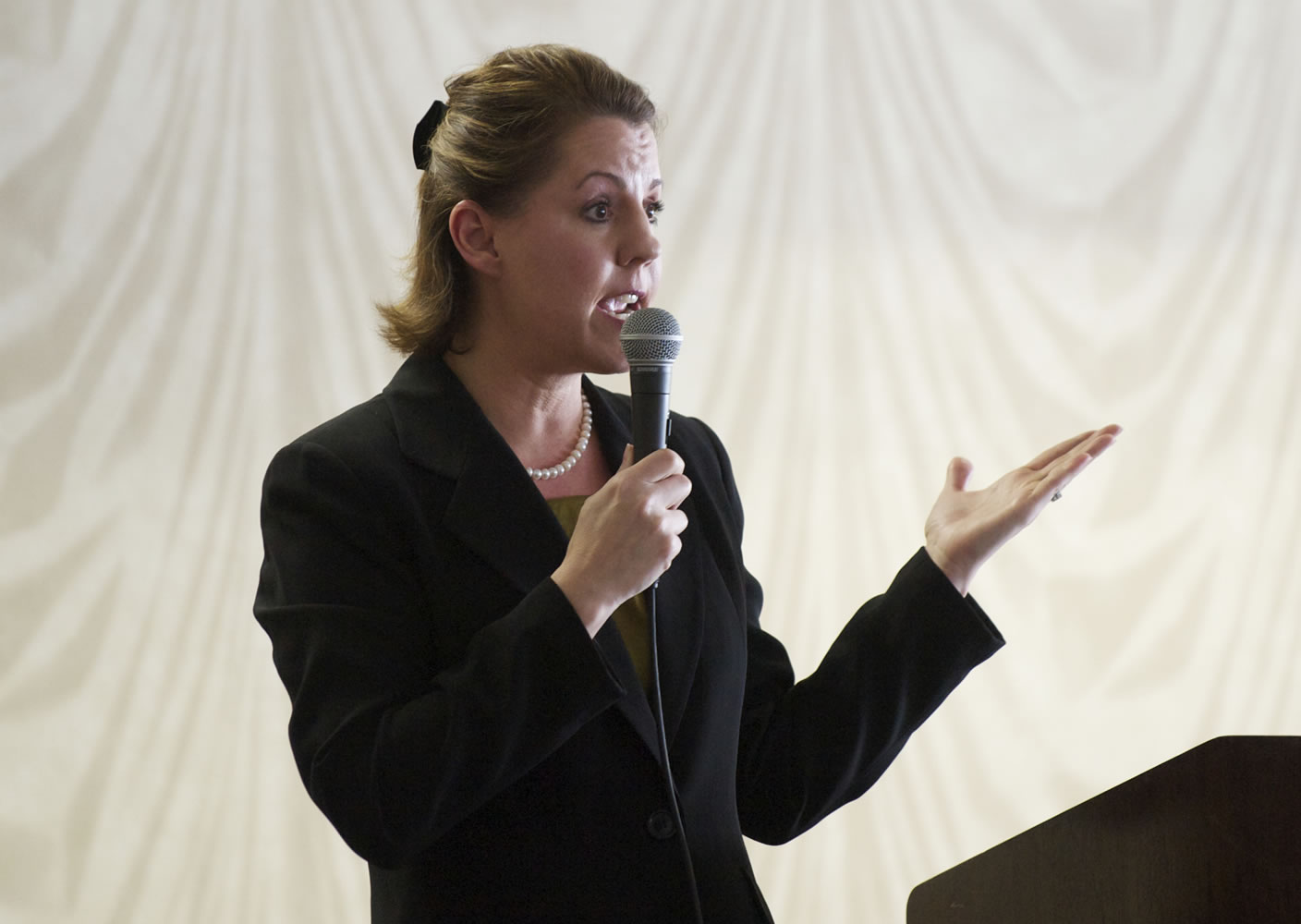More voices were heard Tuesday morning in the debate about Washington’s dueling marijuana markets.
A bill to add regulations to the medical marijuana industry drew public comment and revealed plenty of questions for legislators to ponder in the interim. That proposal, introduced late this session by state Sen. Ann Rivers, R-La Center, would change medical cannabis rules in light of the 2012 passage of voter Initiative 502, which legalizes recreational pot use for people age 21 and older.
Significant problems could arise if the state’s two marijuana markets are too different, Rivers says.
The use of medical marijuana has been allowed in Washington for more than a decade. In local jurisdictions that allow it, medical marijuana groups can create community pot gardens with up to 45 plants and dispense medical cannabis to up to 10 patients. They must keep documents on their premises that prove their patients have a doctor’s approval.
Supporters of Senate Bill 5887 said Tuesday that thousands of recreational pot users have abused the medical marijuana authorization rule. Now that recreational pot is legal, abusers of the system might keep their phony authorizations if they can buy medical cannabis more cheaply than recreational pot.
Rivers’ bill would create new licenses for those who grow, process and dispense medical cannabis, and the state’s Liquor Control Board would oversee those licenses, as well as tighten up the rules for obtaining a medical cannabis authorization. It would require parental notification for a person under age 18 to get a marijuana authorization, and it would create new taxes for medical pot that would be slightly lower than taxes on the recreational pot industry.
On Tuesday, Rivers described her bill as the “beginning of a very full and robust discussion about this issue. … What this bill is about is a loophole that allows folks to sidestep Initiative 502.”
Supporters of the bill, which was brought to Rivers by representatives of the medical cannabis industry, said more regulations also will make sure the marijuana used by patients is free of the contaminants sometimes found in black market pot. They also said medical marijuana is a better pain relief alternative for patients who could become addicted to opiate-based painkillers such as Oxycontin.
“This makes sense, after the passage of I-502, to not have a medical industry that’s not regulated when the general-use industry under 502 is tightly regulated,” said Ezra Eickmeyer of the Washington Cannabis Association.
A law enforcement representative testified Tuesday that the bill doesn’t go far enough. I-502 allows anyone 21 or older to carry one ounce of marijuana, but medical cannabis users can possess up to 24 ounces. Yet there’s no easy way to know whether a citizen is allowed to have 24 ounces or just one ounce, said Don Pierce of the Washington Association of Sheriffs and Police Chiefs.
“We would urge a registry so we know who it is,” Pierce said.
A veteran asked Rivers to include post-traumatic stress disorder as one of the conditions that allow the use of medical cannabis. Rivers said that she is already working on an amendment to do so.
Some opponents of Rivers’ bill objected to increasing taxes on the industry, pointing out that other medications are not taxed. They also said that it’s inappropriate to have the state’s liquor control board oversee a medical substance, and that state lawmakers should wait until next year, after more is known about the recreational industry, before they pass new medical marijuana regulations.
The state’s Department of Revenue estimates that if Rivers’ bill passes this session, it would create $1 million in revenue during the 2013-15 budget cycle, and $1.2 million for 2015-17. The 2013 Washington Legislature is addressing a roughly $1.2 billion budget shortfall as it comes up with its new spending plan. The legislative session is set to conclude April 28.
Stevie Mathieu: 360-735-4523; http://facebook.com/reportermathieu; http://twitter.com/col_politics; stevie.mathieu@columbian.com.




